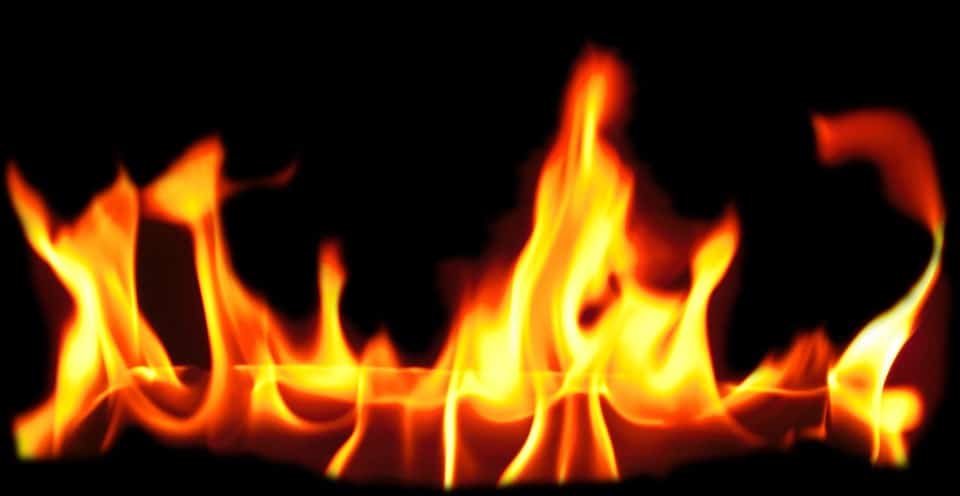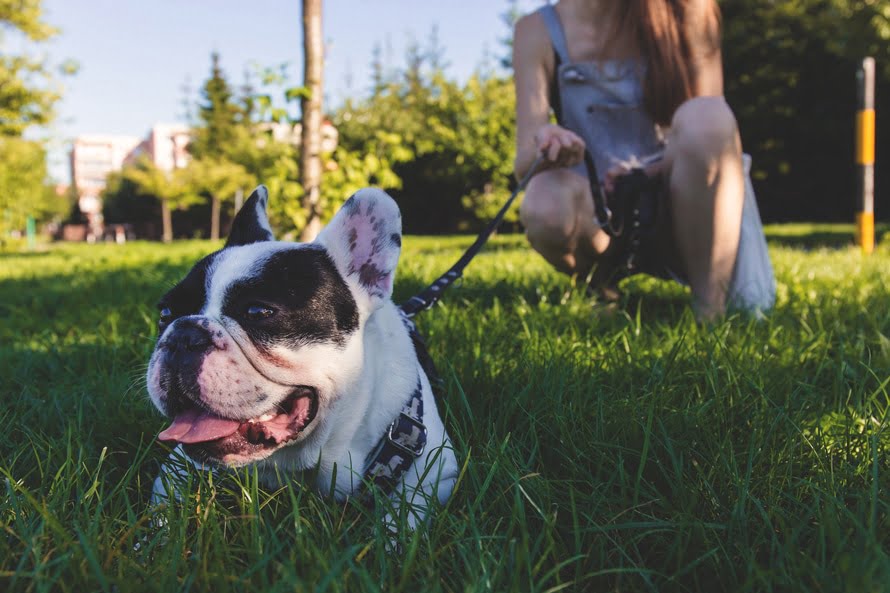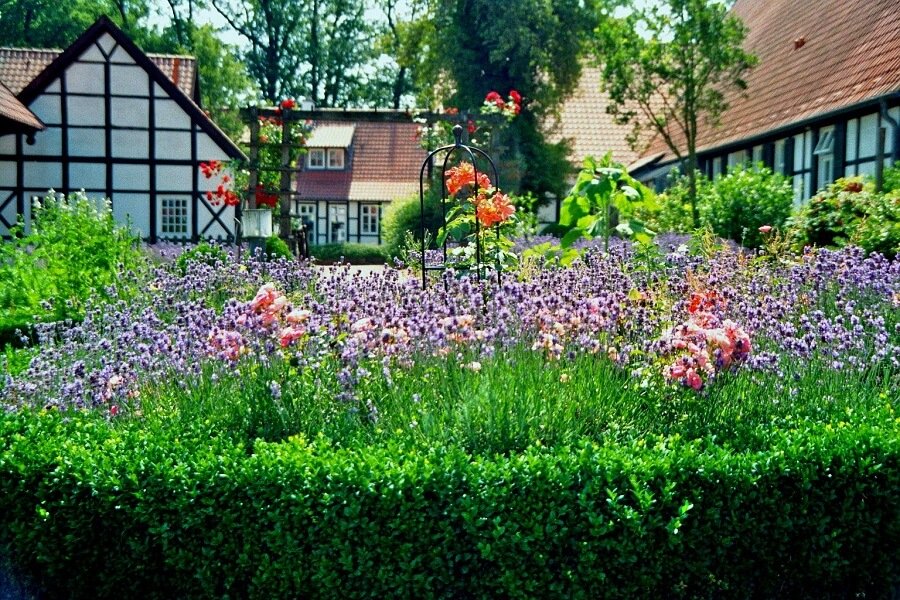Summer is the time for lots of campfires. So many people love spending time by the campfire and telling stories, getting cozy, and roasting a marshmallow or two. Although campfires are a lot of fun, they can also be dangerous if you don’t take the necessary precautions. A lot of wildfires start with a campfire that isn’t properly maintained. Here are the 7 safety tips for safe campfires and why they’re important.
Importance of Fire Safety
Wildfires can cause damage to thousands of acres of land, and personal property. According to the National Park Service, as many as 90% of wildfires in the United States are caused by humans. We need to do our best to prevent wildfires to preserve and protect the land that we love. After a severe wildfire, many animals are left without homes and are forced to evacuate. Thousands of acres of trees are burned and killed, and many homes are destroyed putting families in danger. Practicing fire safety will help reduce the amount of wildfires caused by humans, saving trees, animals, and mankind from wildfires.
7 Tips for Safe Campfires
1. Dig a Fire Pit
Most campsites will already have pits for fires, but if there isn’t one make sure you dig one. Digging a pit helps maintain the fire and prevent it from spreading. Make sure the fire pit is far away from hanging branches or dry debris. A fire that is contained has a smaller chance of spreading to grasses or trees.
2. Line the Fire Pit
Put rocks around the fire pit, or make sure it has a metal ring lining it. This way the fire will be maintained and also have a hard time catching anything else on fire. Rocks and metal do not catch on fire so this will help make sure that the fire is exactly where you want it to be. If there are flammable things around the fire like branches, twigs, grasses, weeds, or sticks it could spread easily.
3. Clear a Large Area
Clear a wide perimeter, about 5 feet wide, around the fire. Make sure that there are no dry grasses around the fire pit. This step is important. Fires often spark and the sparks can land on dry grasses or weeds causing fires. This is why lining the fire pit with rocks isn’t enough to ensure fire safety. The fire will be contained with a rock lining, but sparks that fly out of the contained area can start fires. This problem becomes more prevalent in dry climates.
4. Keep Water and a Shovel Nearby
In case of emergencies, you’ll need something to put out a fire quickly. Throwing dirt on a fire can do this. Keep a shovel nearby to be able to throw dirt on the fire as quickly as you can if necessary. Keeping a bucket for water will also help you be able to put out a fire.
5. Keep Extra Wood Far Away
Keep wood stacks far away and upwind of your fire. Sparks can ignite your wood pile causing a large fire to erupt that might get out of control. Be smart about where you put your extra wood and be careful that the wind isn’t blowing the fire towards your extra wood.
6. Only Discard a Cold Match
A lot of people will throw a match down without making sure that it is completely cold. Sometimes matches are still smoking when they get discarded. This is a good way to start a wildfire. Make sure the match has no chance of starting a fire before you discard it. You can put the match in water if you’re afraid it will start a fire.
7. Never Leave Your Fire Unattended
Things can change in an instant. The wind can shift, or your fire can spark and ignite something nearby. Don’t leave your fire. Ever. Make sure you are always close to your fire, ready to put it out quickly if you have to. You might think your fire is safe, but you still should never leave it unattended.
Summing Up
Campfires are wonderful, but they are also dangerous. Poorly controlled campfires can cause so much damage. If you cause a wildfire, even accidentally, you can face criminal charges. Be careful with campfires and always take the necessary precautions to make sure that a wildfire doesn’t occur. You’ll be glad you did.










